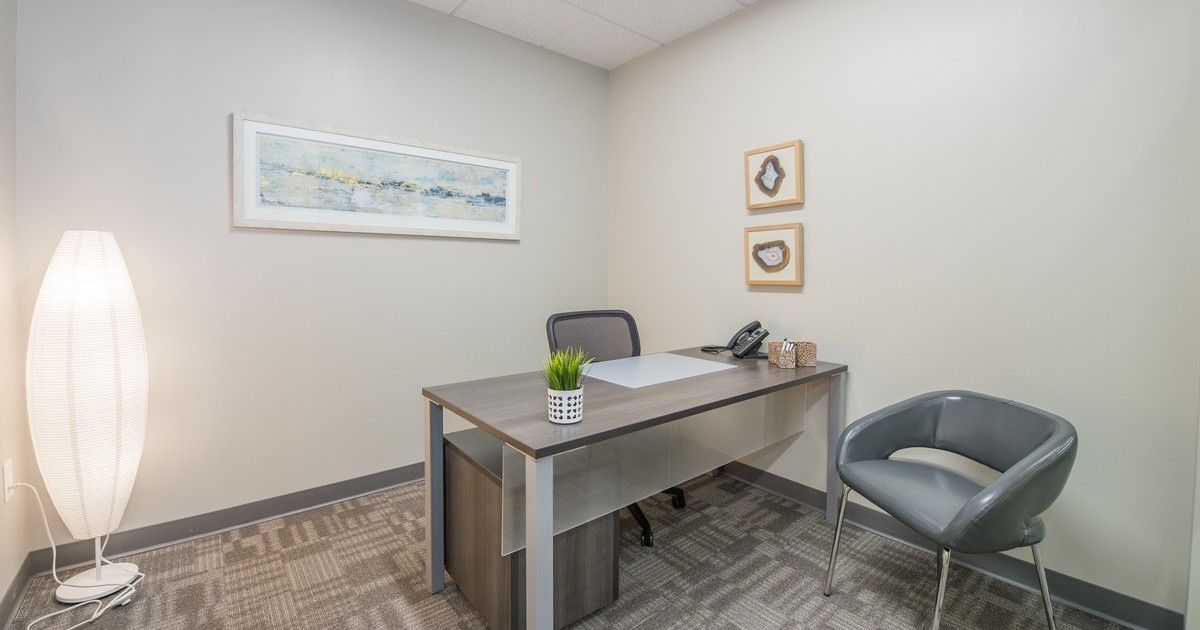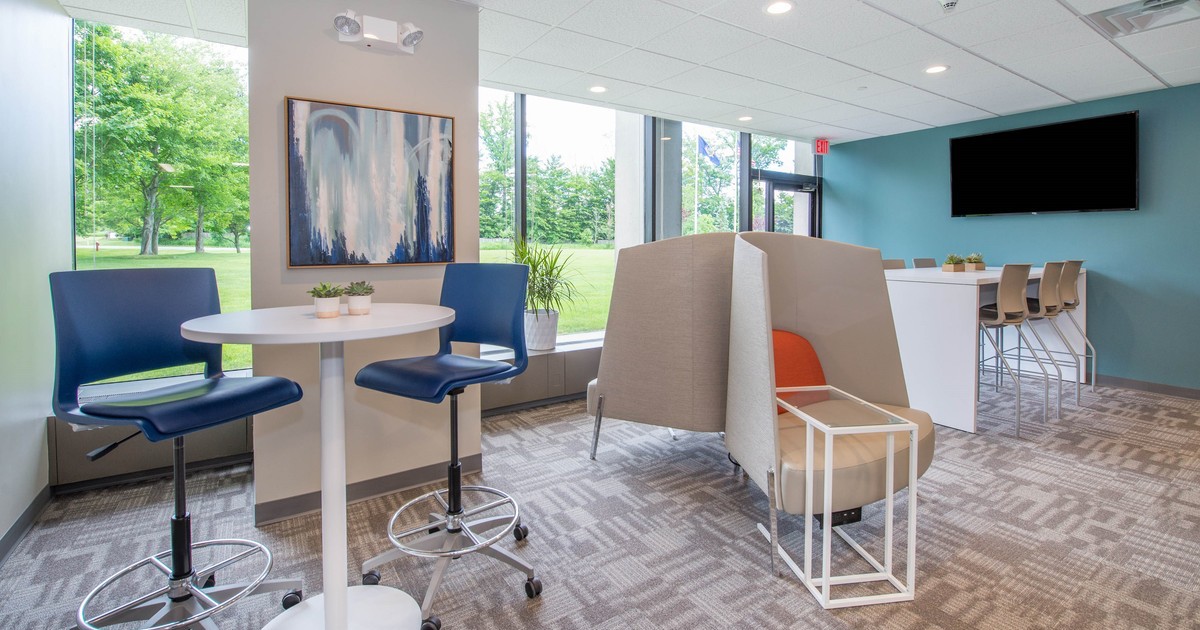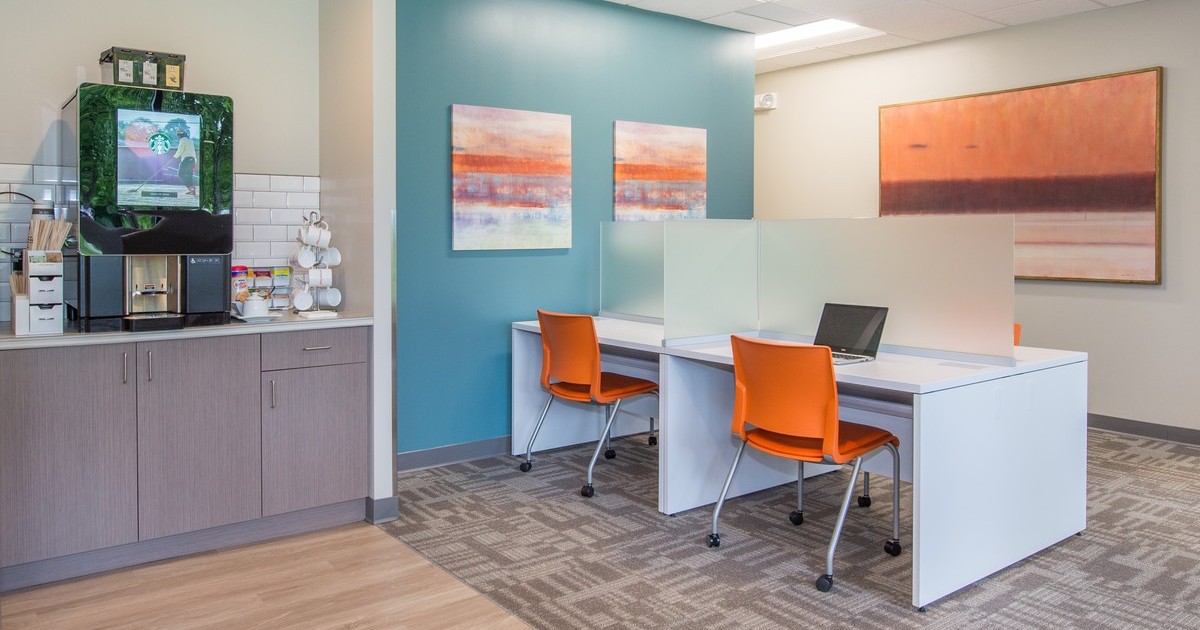
Private Workspace Industry Trends for 2020
The concept of coworking seems like a trendy new buzzword developed the past few years, but it’s actually been in motion since circa 2005. Now, the practice has grown to include more than 3 million workers and 39,000 coworking and flexible workspaces worldwide, and that number is expected to grow in 2020.
Each year brings new changes and developments to the industry, particularly in terms of how these flexible workspaces look and function, where they’re located, and what users expect from them.
We’ve done our homework and rounded up some of the most important trends that will define the private workspace industry in 2020.
A Supplement to Other Work Spaces
Less than half of all users of a private or coworking space used it for five or more days per week, while less than a quarter of users work exclusively in such an environment.
This means that for most users, a coworking environment is used to supplement, not replace, another workspace. This may be a home office, an office at a corporate building, or even client locations.
Wherever you choose to work, a private workspace or shared desk can provide respite or even just a change of scenery compared to other work locations. Everyone from freelancers to corporate superstars are enjoying the benefits of a flexible workspace, even if it’s only on a part-time basis.
An Exercise in Diversity
One of last year’s biggest coworking trends is the emergence of niche-specific spaces that attract a like-minded community. Popular examples of this include communities focused on tech, startups, freelancers, or even corporations. The idea behind niching is to attract a certain type of person that can contribute to creating a specific culture.
This year, there’s expected to be a shift in the diversity of coworking spaces. One of the biggest benefits that many communities tout is the chance to network with other businesses, expand outside of your typical community, and encourage real collaboration. Technically, this can be achieved with niche communities, but the lack of diversity can often limit its effects.
Instead, more coworking spaces may begin to expand their culture and image to include a diverse range of businesses and industries.
Diversity will also include the physical elements of the space. Most floor plans include a variety of workspaces, including private offices, executive suites, cubicles, standing desks, couches, personal “phone booth” offices, and shared workspaces. As coworking facilities continue to collect data on office usage, there will likely be a shift in the types of spaces available within each facility.
A Boost in Technology and IoT
Technology and the Internet of Things will continue to make an impact on everyday work and life and will become more evident in coworking spaces. Space management software and wireless devices will help to pave the way for more tech-forward office space, including the introduction of smart software, remote monitoring, interactive dashboards, scheduling, and environmental control.
A Shift to Workplace Automation
Many coworking spaces are cutting back on human facetime in favor of automated technologies. For example, smart sensors may track office temperature and lighting. Offices may also use automation to track building activities, such as which private workspaces are the most popular or which ones may need improvements.
Some coworking spaces are already fully automated using mobile technology, key FOBs, and software with no on-site staff to provide assistance. This isn’t the case with Office Evolution, as we still believe that good service and stewardship can help our guests thrive.
An Introduction to Blockchain
Blockchain is entering a number of industries, from healthcare to banking, and now its uses are being explored in coworking.
By definition, blockchain is a series of time- and date-stamped data entries that are used for record-keeping. The data is managed by a cluster of computers and is not owned by any one single entity. The information is made available for anyone to access and view, built on the very nature of transparency.
In terms of coworking, blockchain may be used for a number of purposes, including managing payments and agreements, tracking memberships, and handling procurement. This ensures that payments and contracts don’t fall through the cracks and agreements or tasks can be executed quickly and seamlessly.
A Rise in Corporate Demand
Private workspaces and coworking areas are commonly used by freelancers, solopreneurs, startups, and small businesses, but they certainly aren’t the only ones. Many large corporations, including Starbucks, Bank of America, and Salesforce, have touted their love for flexible workspaces and use them frequently for teams across the country. In fact, research estimates that 14 percent of corporate employees use coworking spaces at least on a semi-regular basis.
This year, we expect more large corporations to get on board with coworking opportunities to help them scale their businesses, make them more competitive for talent, and provide perks for their employees. One of the biggest motivators in the shift to coworking is the money-saving advantage. Companies can better predict costs, scale their workforce, and even expand into new talent pools and consumer markets. On average, corporations save about 25 percent on operating expenses with a coworking space.
A Priority in Health Over Function
As more professionals are focusing on holistic health, ergonomics are becoming more of a priority in the modern office, particularly in private offices and coworking spaces.
Many coworking spaces are jumping on board by offering health-focused work environments. It’s not surprising to see standing desks, ergonomic chairs, and adjustable monitor stands throughout the office environment. Some spaces incorporate healthy snacks, yoga rooms, and even strategic locations with walkability to restaurants or other locales.
The idea is that workers should be able to prioritize their job and their health simultaneously rather than choosing one or the other. Incorporating personal well-being in the workday can lead to greater productivity and job satisfaction.
What’s in Store for 2020 at Office Evolution?
As a leader in the private workspace and coworking industry, Office Evolution continues to set and follow trends each year that will benefit our customers. We opened several new offices in strategically selected cities last year and plan to continue our expansion efforts to bring coworking to communities where it’s most needed.
Find the Office Evolution location nearest you and discover a new era in private office space!